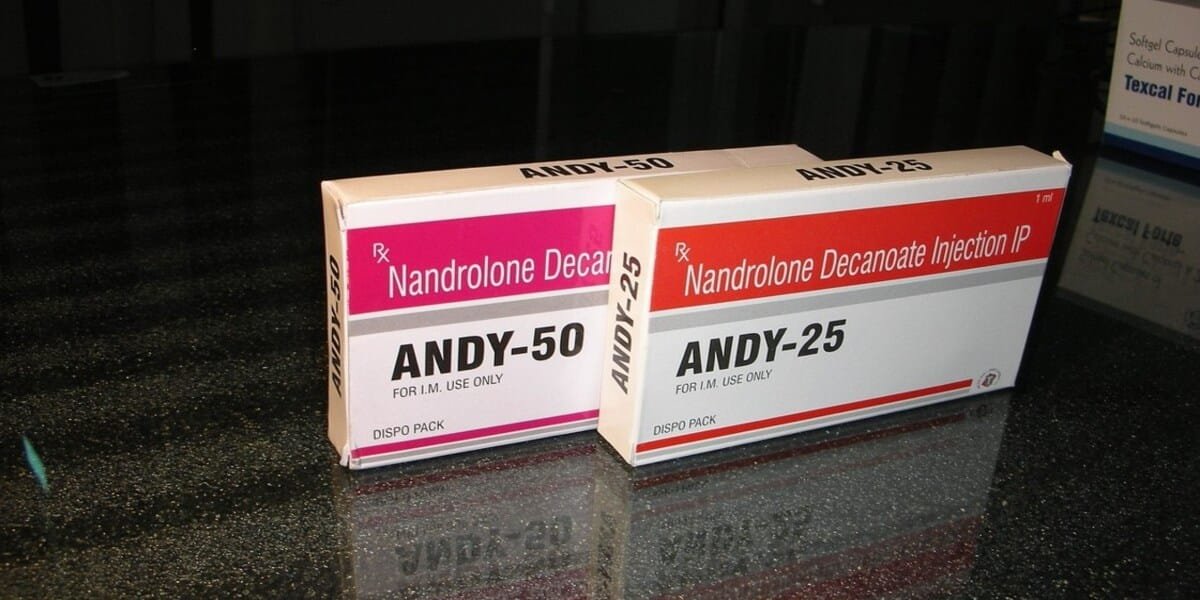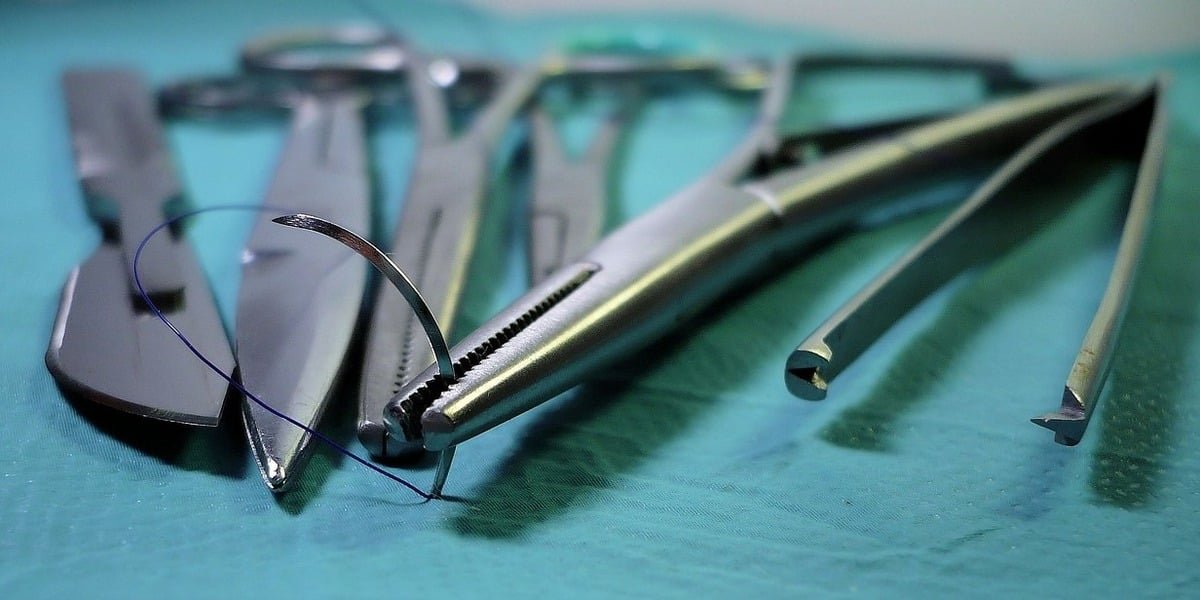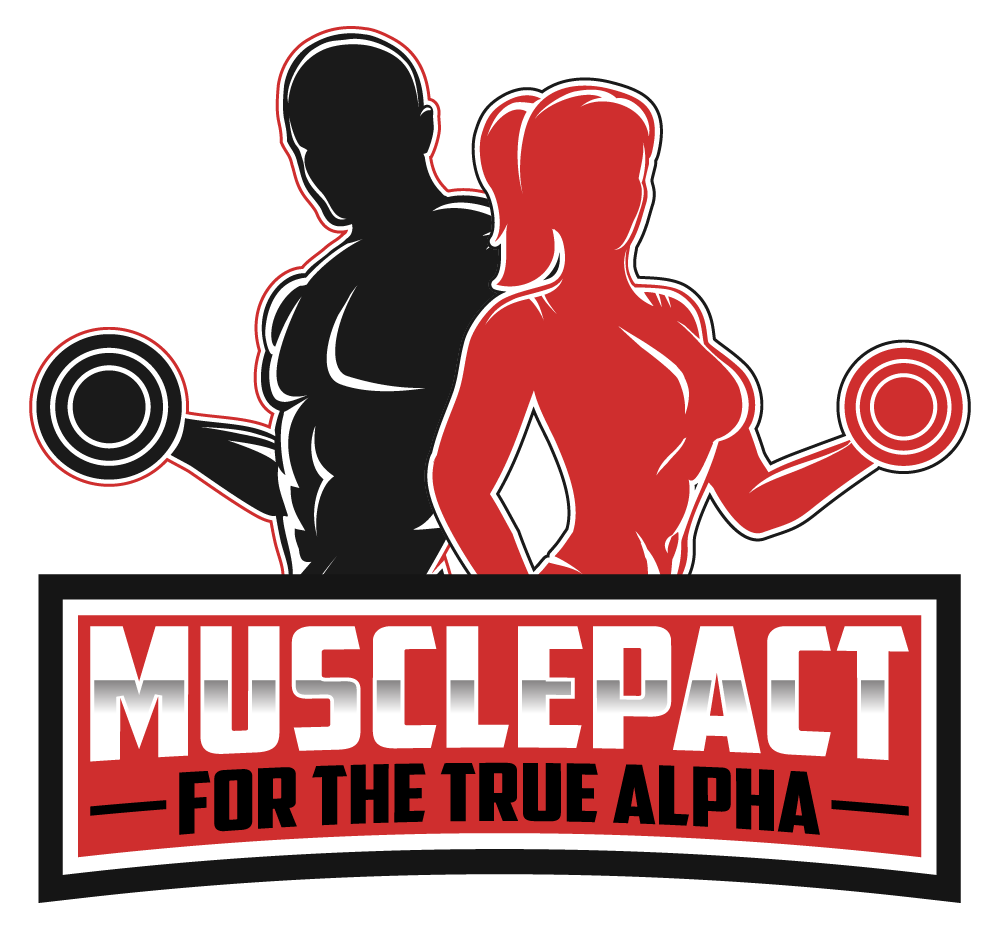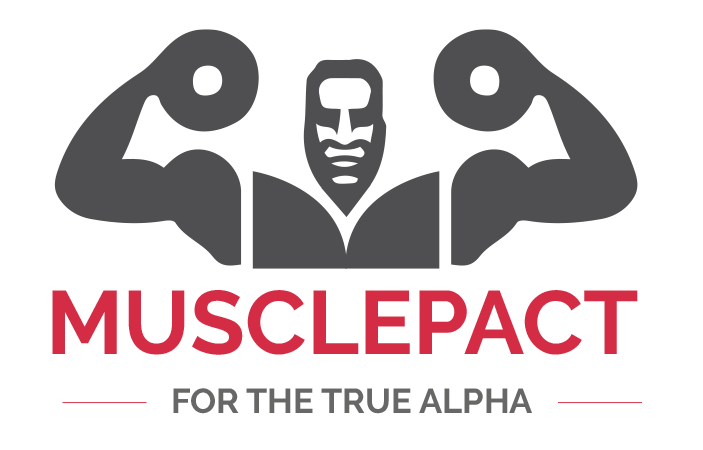Women with elevated testosterone levels, a condition known as hyperandrogenism, may experience a range of both physical and psychological symptoms. Testosterone is often thought of as being exclusively a male hormone, but it is actually an essential health hormone for women, too. By knowing the reasons, signs, and solutions for high testosterone in women, health professionals can handle their well-being better.
What is Testosterone?
Testosterone is a steroid hormone that is made most often in the ovaries and adrenal glands in women. However, it is produced in much lower amounts than in men. It is critical for multiple functions in the body, including:
- Bone density: Testosterone aids in preserving bone strength.
- Muscle mass: Testosterone plays a vital role in muscle development and maintenance.
- Sexual function: Testosterone is important for libido and sexual arousal.
- Emotional state regulation: Testosterone plays a role in mood and cognitive functions.
Normal testosterone levels in women are usually between 15 and 70 nanograms per deciliter (ng/dL), depending on age and personal circumstances. Levels peak in the early morning and can vary definitely throughout the day.
What are the Reasons for High Testosterone in Women?
Medical or lifestyle factors may lead to high testosterone levels. Some of the most common reasons are:
- Polycystic Ovary Syndrome PCOS: This hormonal disorder impacts a woman’s ovary function, resulting in higher levels of testosterone. Symptoms frequently include irregular menstruation, hirsutism (excess hair growth), and acne.
- Congenital Adrenal Hyperplasia (CAH): A genetic disorder that affects the adrenal glands can cause an overproduction of androgens (testosterone), among other things.
- Tumors of the ovaries: On extremely rare occasions, tumors on the ovaries may secret excess testosterone.
- Cushing’s syndrome: The prolonged presence of high cortisol in the body can indirectly stimulate testosterone production.
- Medications: Some drugs, such as anabolic steroids or hormonal contraceptives affecting hormone balance, can result in increased testosterone levels.

Symptoms of High Testosterone
Here are the symptoms of high testosterone in women:
- Hirsutism: Increased hair growth on the face, chest, back, and abdomen.
- Acne: Persistent or severe acne that may not respond to typical treatments.
- Irregular menstrual cycles: Missed periods or heavy menstrual bleeding.
- Voice changes: A deepening of the voice over time.
- Increased muscle mass: Noticeable changes in body composition with increased muscle definition.
- Reduced breast size: Changes in breast tissue may occur.
- Enlarged clitoris: This may be noticeable and cause discomfort.
- Mood swings: Increased irritability or mood fluctuations.
- Decreased libido: Changes in sexual desire may occur.
These symptoms can adversely affect a woman’s quality of life and mental health.
Diagnosis
If you suspect you may have high testosterone, it is important to speak to a healthcare provider to obtain a diagnosis and a possible treatment plan. This typically includes:
- Reviewing medical history: Symptoms, menstrual history, and relevant family medical history.
- Physical exam: Examining for signs of androgen excess such as hirsutism or acne.
- Blood tests: Results from blood tests that measure hormone levels, including total testosterone and possibly other hormones, like DHEA-S (dehydroepiandrosterone sulfate) or LH (luteinizing hormone)
Once elevated testosterone levels are confirmed, additional tests can be done to help pinpoint the cause.
Treatment Options
High testosterone level treatment focus on treating the underlying cause and relieving symptoms. Options may include:
Lifestyle changes
For women with polycystic ovaries (PCOS), weight loss with diet and exercise can assist in normalizing hormone levels.
Medications
- Hormonal contraceptives: Birth control pills can help regulate menstrual cycles and reduce hirsutism by lowering androgen levels.
- Anti-androgens: Medications like spironolactone block the effects of testosterone on the body and can help reduce symptoms like hirsutism and acne.
- Insulin-sensitizing agents: For women with insulin resistance related to PCOS, medications like metformin may help lower testosterone levels.
Surgery
If tumors are present or other treatments do not work, surgical options can be used.

Impact of High Testosterone in Women on Reproductive Health
Increased levels of testosterone interfere with normal ovulation, thereby causing infertility. Women who face hurdles in conceiving should seek the advice of a practitioner for assessment and possible treatment that fits their hormonal profile.
Conclusion
High testosterone levels in women can have various risks and affect all aspects of their life. Early right medical care can help control this condition. Proper diagnosis and treatment strategies help women recover from the adjustable stress of high testosterone and lead a normal life.
Learn about low free testosterone and how it can affect our health. Don’t forget to follow us on Facebook for even more fitness guides.
Sources:
- https://www.tuasaude.com/en/high-testosterone-in-women/
- https://pmc.ncbi.nlm.nih.gov/articles/PMC6391653/
- https://www.healthline.com/health/high-testosterone-in-women
All images from pixabay.com






